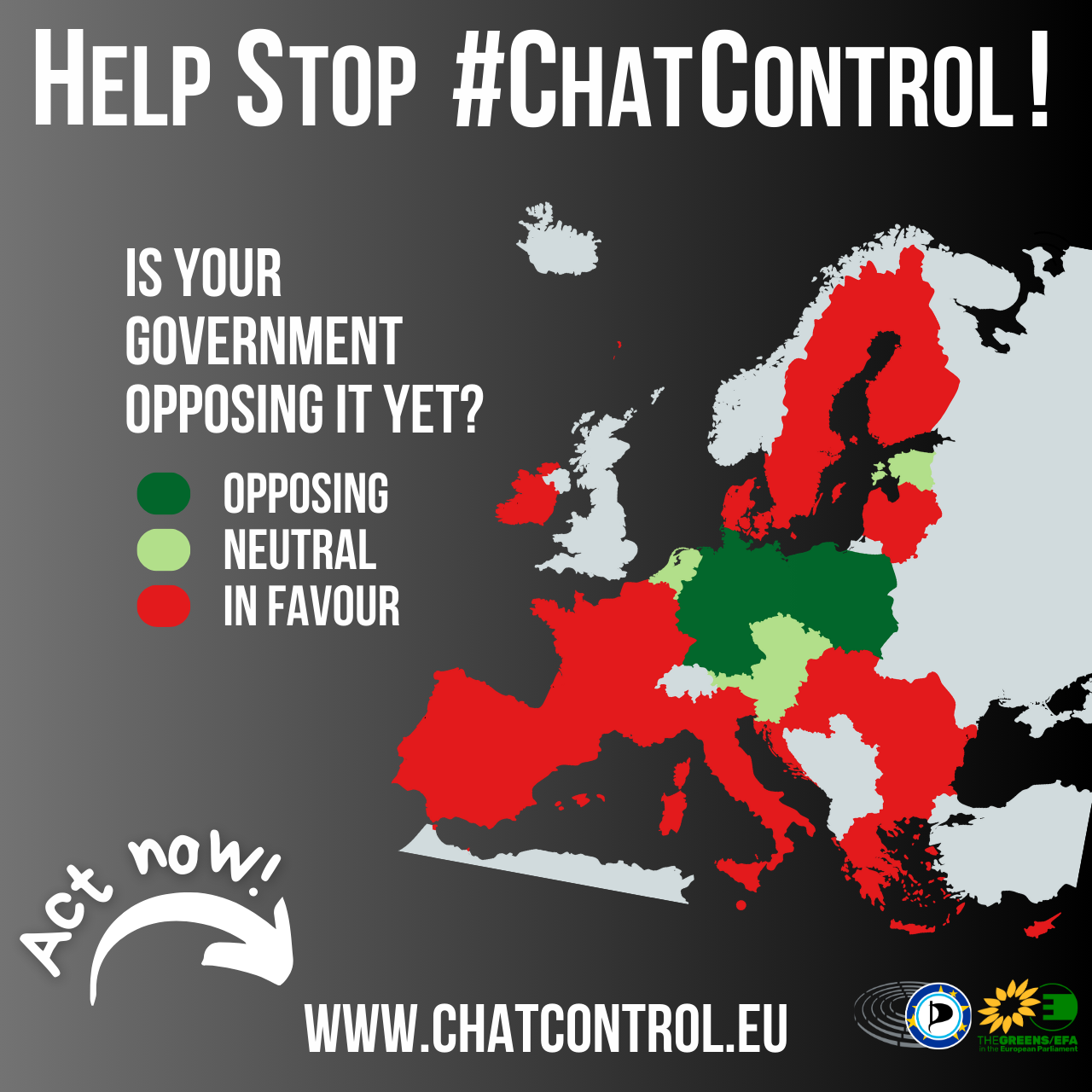Hypocritical declaration on strengthening digital rights by EU Commission
As part of the Digital Decade, the EU Commission today presented its draft principles that are supposed to strengthen fundamental rights in the digital era. According to EU Vice-President Margrethe Vestager, the text shall serve as a benchmark and guideline for corporations and policymakers, when implementing new technologies in the future. EU civil society and the representation of its fundamental digital rights, such as privacy, empowerment and inclusion shall be at the heart of policy.
Patrick Breyer, MEP for the German Pirate Party and digital rights activist, is skeptical:
“It is positive to see the EU Commission not only talking fundamental rights, but wanting to put them into practise. However, in light of the actual policies of von der Leyen’s Commission, this announcement turns out to be nothing but smoke and mirrors. You cannot, on the one hand, point to the right to confidential communications, while at the same time pursue chat control to monitor EU citizens’ private messages without suspicion. You cannot, on the one hand, publish a survey, according to which 91% of citizens consider the right to confidential communications of paramount importance, while at the same time pursuing data retention plans to collect information about the communications of the entire population. You cannot, on the one hand, promise ‘artificial intelligence’ that conforms to fundamental rights, while at the same time reject a ban on biometric mass surveillance in public spaces. All in all, the suspicion is growing that this ‘declaration’ is only a smoke screen, while the actions of the EU Commission seem rather inspired by the model of the Chinese surveillance state.
“Extremely dangerous and hostile to fundamental rights is the statement that children needed to be protected from ‘harmful content’, that they have a ‘right to be protected from all crimes, committed via or facilitated through digital technologies’, and that all crime should be ‘prevented’. Preventing all crime is impossible in a free society, and trying to do so would result in creating a totalitarian Stasi state. Without asking for their opinion, children are currently being instrumentalised by politicians to justify policies such as indiscriminate chat control as well as attacks on secure encryption. Children have a right to be protected from political instrumentalisation!”

